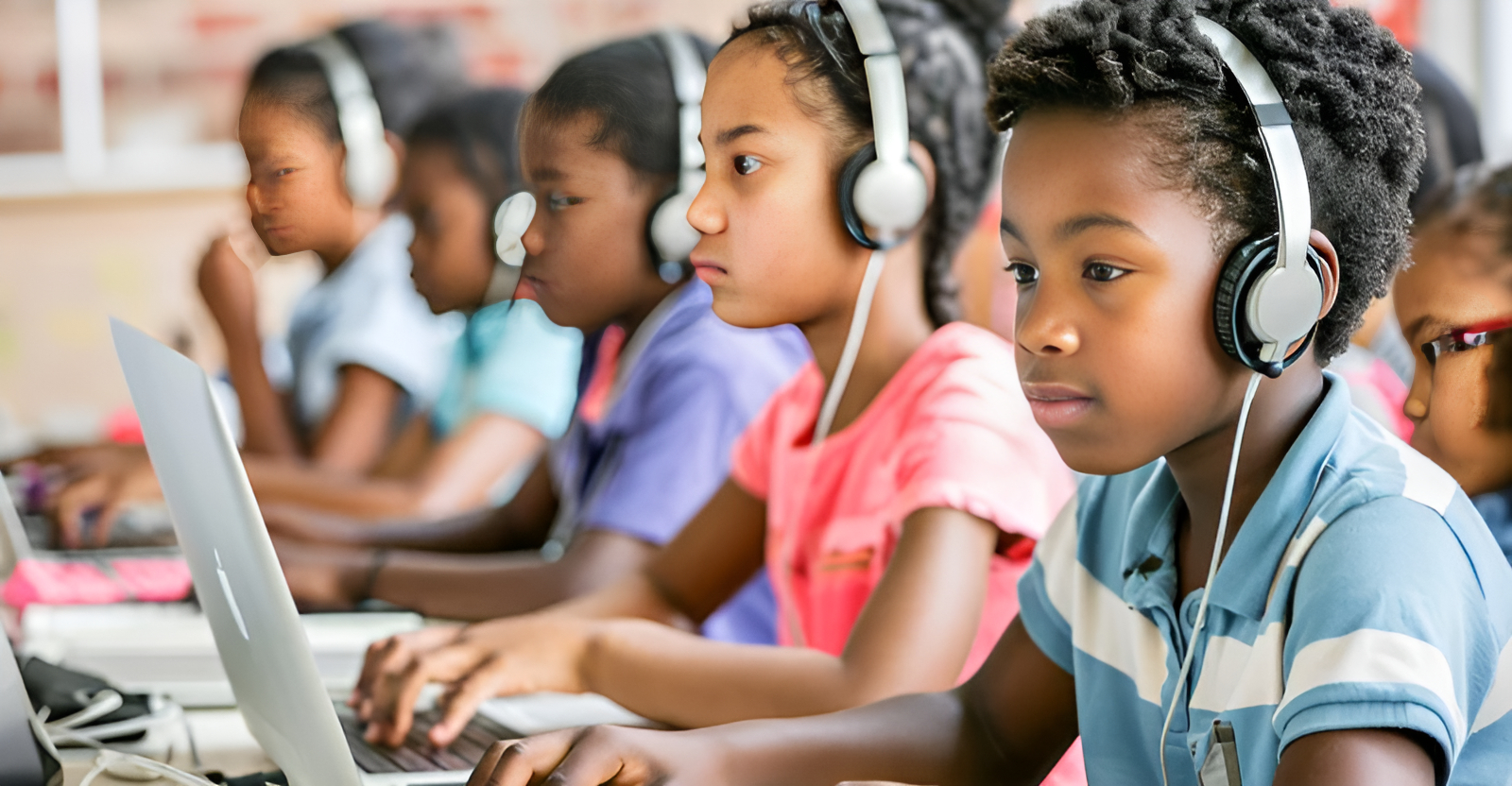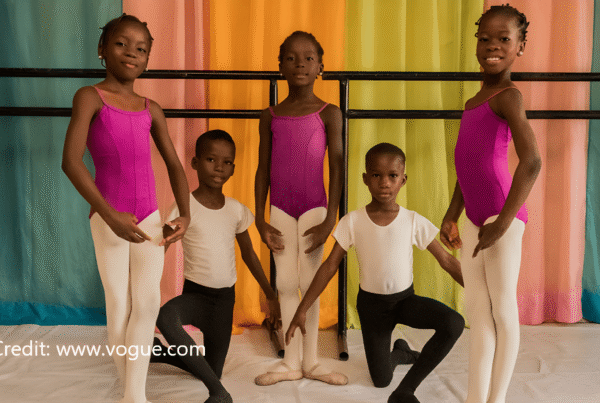In today’s fast-evolving digital landscape, tools like ChatGPT are rapidly reshaping how we access and process information. While such innovations offer undeniable advantages in productivity and creativity, their use among high school students and younger pupils has raised serious concerns among parents and educators.
One of the primary goals of education is to foster independent thought. Students are encouraged to question, analyze, and synthesize ideas rather than merely consume them. When a student turns to ChatGPT to generate an essay, solve a math problem, or summarize a reading, they bypass the intellectual effort required to understand and internalize the material. Over time, this promotes a dependence on technology rather than the development of independent problem-solving skills.
For instance, rather than writing a literature essay based on their interpretation of To Kill a Mockingbird, students might ask ChatGPT to produce one instantly. This undermines the purpose of the exercise: to think critically about themes, character development, and historical context.
Despite its array of problem-solving capabilities, ChatGPT is not a source of verified truth. It generates answers based on published data, not on real-time fact-checking. This can lead to the unintentional spread of misinformation, especially among younger students who may lack the ability to distinguish between accurate and inaccurate content. A student researching historical events may receive a well-written but incorrect summary of the Nigerian Civil War or World War II. Without the skills to verify sources or evaluate bias, the student may unknowingly present false information in class assignments.
The misuse of ChatGPT has already led to concrete consequences in higher education. Instructors and institutions across the globe are starting to reject AI-generated work, and the implications are serious.
In 2023, Rutgers University in New Jersey flagged multiple assignments that appeared to be AI-generated. Some professors reported students submitting essays that had no citations and used generic phrasing commonly associated with ChatGPT.
Similarly, at University College London (UCL), the administration issued an official statement warning students against using ChatGPT and other AI tools for assessments, stating that such behavior could be classified as academic misconduct. One professor from UC Davis (California) went as far as failing an entire set of student assignments that were suspected to be AI-assisted, citing inconsistencies between classroom performance and submitted work.
Even at the high school level, stories have emerged of students in Canada and the UK being caught using ChatGPT to complete essays, with some facing detention or grade penalties. These examples underscore a growing awareness and rejection of AI dependency in academic settings.
Writing is not just about conveying ideas; it’s a fundamental way of developing them. The process of drafting, editing, and rewriting helps students learn how to express complex thoughts clearly and coherently. When students rely on AI tools to generate complete paragraphs or essays, they lose out on the struggle that builds competence.
For example, a student preparing a speech for a debate might turn to ChatGPT for a ready-made script, rather than learning how to construct persuasive arguments or anticipate counterpoints. This hinders their growth as communicators.
High school and primary school are not just about academics; they’re about shaping character. Using ChatGPT to submit pre-written essays or generate homework answers easily veers into dishonesty. Many students see it as “just getting help,” but in reality, it blurs the line between assistance and cheating.
While AI tools like ChatGPT hold promise for advanced research, productivity, and even creativity, their application among high school students and younger learners raises more concerns than benefits. From eroding critical thinking and writing skills to encouraging academic dishonesty and reliance on shortcuts, ChatGPT introduces more harm than good in early education.
Rather than replacing hard-earned skills with quick digital fixes, educators and parents should guide students toward genuine learning. The goal should be to cultivate thinkers, not content copiers. In this formative stage of life, students must be given the tools and the responsibility to think, write, and reason for themselves.




